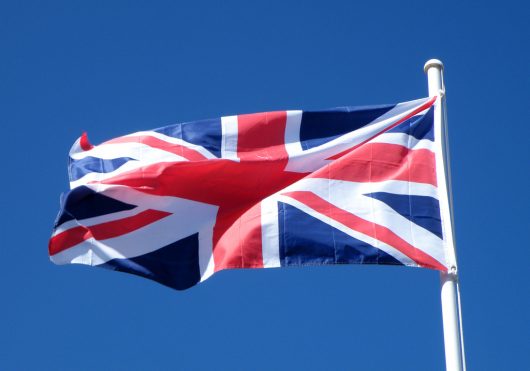Nine Facts About Human Rights in the United Kingdom

The United Kingdom of Great Britain is a constitutional monarchy with parliamentary democracy. A range of political parties participate in free and fair elections. Freedom of the press and human rights are, generally, constitutionally guaranteed and respected in practice.
However, in the recent past, reports on human rights in the United Kingdom show the development of some disturbing practices. Such trends were further complicated by Brexit U.K.’s vote out of the European Union (EU) and the victory of conservatives in the general election of June 2017, which changed the state of human rights in the country.
Here are nine of the most troubling facts about human rights in the United Kingdom that have gone unaddressed by the authorities.
- The new counter-terrorism policy seems to have trumped human rights and the freedoms of people. Prime Minister Theresa May, during her first party conference speech, said that left-wing human rights lawyers will no longer be allowed to pursue claims of victims of human rights by the British Armed Forces. Benjamin Ward from Human Rights Watch says “judging from the comments by Prime Minister May… you would think human rights are a dangerous and alien construct.”
- In 2015, the Royal Air Force of the United Kingdom killed three people, including one British citizen, in a drone strike in al-Raqqa, Syria. In May 2016, the Joint Committee for Human Rights published its inquiry which called on the government to clarify the use of drones for targeted killings.
- In 2004, the U.S. and Libyan governments —with the knowledge and cooperation of the U.K. government—had subjected two Libyan families to rendition, torture and other ill treatment. In June 2016, the Crown Prosecution Service, the principal public criminal prosecuting agency in England and Wales, decided not to bring any criminal charges relating to the allegations by the families.
- Abuse and mistreatment by the British Armed Forces also loomed large in reports on human rights in the United Kingdom. In September 2016, it emerged that between 2005 and 2013 the Royal Military Police investigated approximately 600 cases of alleged mistreatment of those in detention in Afghanistan. Similarly, the Iraq Historic Allegations Team had concluded investigations into 2,356 of 3,389 allegations received. These allegations were related to abuse of Iraqi civilians by British Armed Forces personnel.
- Following Brexit and the conservative victory in recent U.K. elections, there has been a substantial increase in hate crimes. Member of Parliament Jo Cox, who had campaigned vigorously on behalf of asylum seekers, was murdered. There was also a marked rise in xenophobia and arson attacks against EU citizens, particularly those from Eastern Europe.
- Despite some progress, the U.K. government has generally not been immigrant-friendly lately. It passed the Immigration Act into law in May 2016, which “extended sanctions against landlords whose tenants’ immigration status disqualifies them from renting while increasing landlords’ eviction powers…” The government continued to resist calls for hosting more refugees, although it announced its plan to resettle up to 3,000 refugees from the Middle East and North Africa by 2020.
- Violence against women and girls remains a serious concern. There is a lack of funding of specialized services for women who have undergone domestic violence and abuse. Research by Women Aid shows that shelters were being forced to turn away two out of three survivors due to lack of space and resources. The rate among women who are ethnic minorities was four out of five.
- In November 2016, the U.K. Parliament approved the Investigatory Powers Act (IPA). This has entrenched and broadened the State’s surveillance powers both at home and abroad. The IPA increased the powers of public authorities to interfere with private communications and information. It also permitted “a broad range of vaguely defined interception, interference and data retention practices” without adequate safeguards for protecting the right to privacy.
- The government continued to refuse to set up an independent inquiry into the 1989 killing of Patrick Finucane—an Irish politician—although it was previously acknowledged that there had been a “collusion” in the case. This is one of the historical and structural issues of injustice, abuse and torture of Northern Ireland that has been systematically neglected for decades.
– Aslam Kakar
Photo: Flickr
